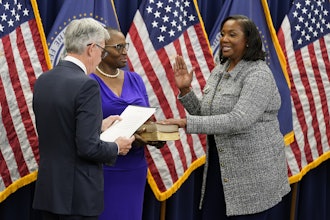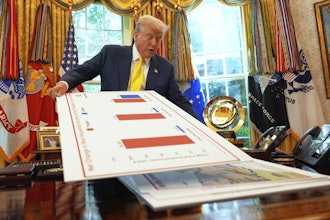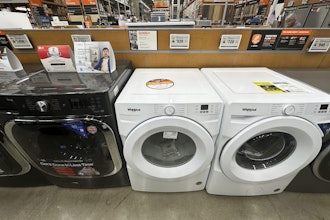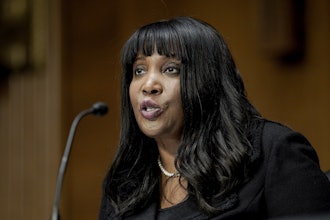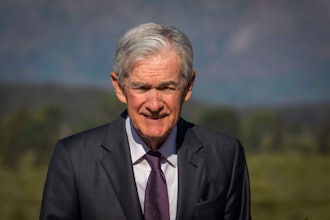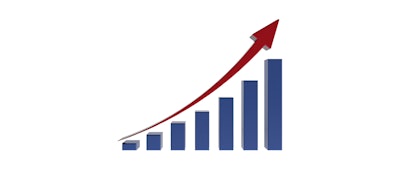
The U.S. economy will grow a strong 3.7 percent this year, and that expansion will extend into the first half of 2018, ITR Economics president Alan Beaulieu told attendees at the National Association of Wholesaler-Distributors Executive Summit in Washington D.C. on Feb. 2.
A well-known speaker, Beaulieu also serves as NAW’s senior economic advisor. He provides market outlook presentations at many distribution association conventions.
“We’re growing at a decent clip,” Beaulieu said, noting that 3.7 percent growth should be considered a very good year. “We’re going to experience some good times ahead.”
There are many signs for optimism, he said, including favorable interest rates, non-residential construction improving, the rise of employment and wages and banks willingness to lend money.
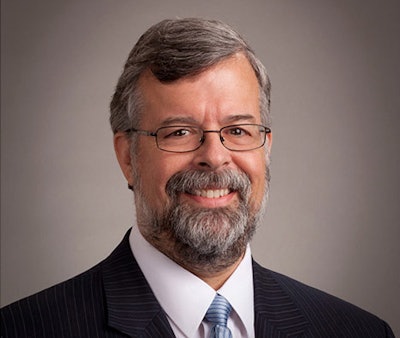 Alan Beaulieu, NAW Senior Economic Advisor, and President of ITR Economics
Alan Beaulieu, NAW Senior Economic Advisor, and President of ITR EconomicsBeaulieu emphasized that the growth of the economy is not a bump that occurred because of the election of President Donald Trump, but one that had begun before the election. Nor does Beaulieu believe any action that Trump takes would influence the economic forecast.
“A legislative order takes about 18 months to feel the effect. We have the luxury of time and we can adjust accordingly,” Beaulieu advised, adding that it generally doesn’t matter who is in charge, because the president has little effect on the economy. “The economy is colorblind when it comes to having a Democrat or Republican in the White House."
Beaulieu also predicted that the economy would slow down at the latter part of 2018 and go into a consumer-led mild recession in 2019, one that will not be as severe as past recessions. He detailed a number of reasons as to why the economy, after that recession, would continue growing throughout the 2020’s. Beaulieu noted that the U.S. has 300 years of energy available “in the ground” while Europe has only 30, foreign investment in the U.S. continues to grow, the standard of living continues to improve and manufacturing continues to do well. U.S. manufacturers also are exporting more products.
“That’s a huge benefit,” Beaulieu said. “If you get into trade wars, while some jobs might be gained many others would be lost. At no time in history is there a happy ending to protectionism.”
Beaulieu said such a program could lead to the U.S. unable to compete with the rest of the world.
Beaulieu also dispelled any doubts about U.S. manufacturing, which is the fourth-largest employer in the U.S., trailing only healthcare, retail trade and hospitality/food services.
“The U.S. is still the world’s largest economy, followed by China. The problem is 53 percent of people in this country believe that China is larger than the U.S. It’s just not true,” Beaulieu said.
China, he added, has some major problems including its banking system and environmental concerns like air pollution.
While the overall outlook for the next 12 years continues to be rosy, Beaulieu predicted there will be a major depression in 2030.
He advised attendees to accumulate as much cash as possible in the “roaring” 2020s before the Depression occurs and to prepare by taking steps such as accumulating cash or investing in high income fixed asset bonds.
You can download Beaulieu's NAW presentation here









